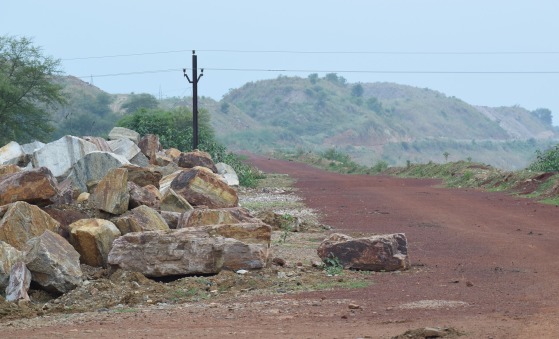
More than 1.2 million people fleeing the ongoing conflict in Sudan have crossed into South Sudan, according to the UN High Commission for Refugees. A large share of them, over 820,000, are South Sudanese returning to a homeland they once left because of previous wars, placing them in the unusual position of being both returnees and refugees.
Despite the heavy strain of displacement, aid workers report that refugee camps in northern South Sudan have become places of unexpected cooperation. These camps now shelter both Christian-majority returnees and around 400,000 refugees from Muslim-majority Sudan.
James Wani, Country Director for Christian Aid, told Christian Daily International that relations inside the camps have been notably calm. “We have not seen hostility between the groups,” he said, noting that years of living side by side in Sudan had already shaped a level of mutual respect. He added that many Muslims have grown more familiar with Christian communities, challenging old assumptions held during earlier periods of tension.
Relations between the two nations have long been shaped by religious and political conflict. The introduction of nationwide Sharia law in 1983 was a key factor behind the civil war that continued until 2005 and ultimately led to South Sudan’s independence in 2011.
Wani said the identity of those returning is complex. After spending years in Sudan as refugees, they have now been forced to leave again. He noted that some Muslim refugees have shown interest in learning about Christianity, something that in Sudan would have carried serious social consequences. Yet, within the camps, such interest has not led to conflict.
Interfaith efforts are also taking place at a wider level. The Inter-Religious Council of South Sudan and the Sudan Inter-Religious Council both work to strengthen cooperation among different faith communities across the region.
However, the humanitarian pressures remain severe. The sudden arrival of so many people has placed huge demand on limited resources. Christian Aid and local partners are distributing food, shelter materials, and medical help. They are also prioritising pastoral and emotional care for those traumatised by violence, including survivors of sexual and gender-based abuse.
“We are using our faith networks to make sure people can access pastoral and psychosocial support,” Wani said. His team works with community leaders to reduce stigma around abuse and connect people to specialist services within the camps.
Faith-based groups are offering assistance to vulnerable people regardless of their background. Support includes small business grants, integration help for returnees, and cash assistance programmes. Christian Aid, working with the Humanitarian and Development Consortium, has provided multi-purpose cash support to thousands of people, with further backing from the Scottish Government.
For many aid workers, the situation has highlighted an unexpected sign of hope: even in the middle of displacement and loss, communities of different faiths are discovering new forms of understanding and cooperation.
Adapted from CDI.




